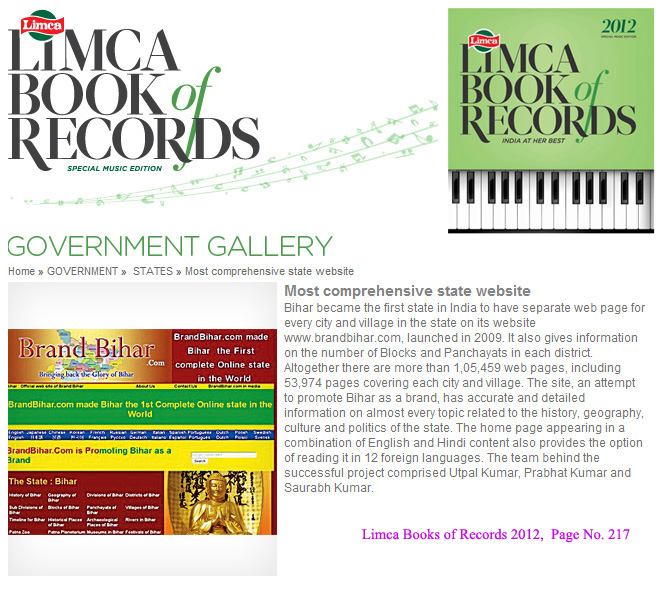

The Muslim kingdom of Bahmani was established by some nobles of the Deccan who revolted against the repressive policies of Sultan Muhammed Tughlaq. In 1347, Hasan became the king under the title Abdul Muzaffar Ala-Ud-Din Bahman Shah and founded the Bahmani dynasty. This dynasty lasted for about 175 years and had 18 rulers. At the height of its glory, the Bahmani kingdom extended from north of Krishna river up to Narmada, and stretched east-west from the coasts of the Bay of Bengal to the Arabian Sea. The rulers of Bahmani were often at war with the neighbouring Hindu kingdom Vijayanagar.
The most distinguished figure of the Bahmani kingdom was Mahmud Gawan, who was the principal minister of the state - Amir-ul-ulmra for over two decades. He fought many wars, subdued many kings and annexed many territories to the Bahmani kingdom. Within the kingdom, he improved the administration, organized finances, encouraged public education, reformed revenue system, disciplined army and removed corruption. A man of character and integrity, he was held in high esteem by the Deccani group of nobles, especially Nizam-ul-Mulk, and their machinations led to his execution. With this, started the decline of the Bahmani empire, which came to an end with the death of its last king Kalimullah in 1527. Thereafter, Bahmani Empire was disintegrated into five regional independent principalities - Ahmadnagar, Bijapur, Berar, Bidar and Golkonda.
Back to Medieval History of India Menu

Bihar became the first state in India to have separate web page for every city and village in the state on its website www.brandbihar.com (Now www.brandbharat.com)
See the record in Limca Book of Records 2012 on Page No. 217